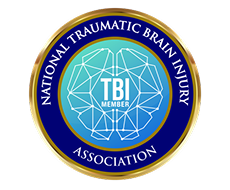Recognition of TBI as a Chronic Health Condition: Implications for Care and Policy
In January 2025, the Centers for Medicare & Medicaid Services (CMS) officially recognized traumatic brain injury (TBI) as a chronic health condition under Medicare Advantage Chronic Condition Special Needs Plans (C-SNPs). This milestone represents a significant shift in how TBI is viewed within the healthcare system and has important implications for coverage, reimbursement, and long-term care planning.
The designation of TBI as a chronic health condition acknowledges that the effects of brain injury often persist for months or years, requiring ongoing medical, rehabilitative, and supportive services. Survivors frequently face long-term cognitive, physical, and emotional challenges, including memory deficits, mobility limitations, mood disorders, and difficulties with employment and independent living. Recognition as a chronic condition ensures that these needs are formally addressed within care planning and benefits structures.
One immediate impact of CMS recognition is the potential for enhanced coverage under Medicare Advantage C-SNPs. These specialized plans are designed for individuals with specific chronic conditions, providing tailored care coordination, targeted preventive services, and comprehensive management of ongoing health needs. For TBI survivors, this could mean access to long-term rehabilitation, assistive technologies, home-based care, and caregiver support services that were previously inconsistent or difficult to obtain.
The recognition also affects reimbursement models. Providers delivering long-term TBI care—such as neurorehabilitation clinics, home health agencies, and specialized therapists—may now be reimbursed through chronic care management mechanisms, improving financial sustainability and incentivizing high-quality, continuous care. This aligns with broader healthcare goals of reducing hospital readmissions, preventing secondary complications, and promoting functional independence among patients with complex needs.
Policy experts highlight that CMS’s decision could also influence state and federal program planning. Programs funded by federal TBI grants or state health agencies may now have additional justification to prioritize long-term support services, integrate chronic care management strategies, and strengthen partnerships with healthcare systems. Furthermore, insurers beyond Medicare may adopt similar approaches, standardizing coverage for TBI as a chronic condition and improving consistency across payers.
Advocacy organizations, including the Brain Injury Association of America, emphasize that formal recognition validates the lifelong impact of TBI. It supports advocacy efforts for increased funding, comprehensive rehabilitation, caregiver resources, and policies that address disparities in access to care. Recognition as a chronic health condition also underscores the need for ongoing research into effective interventions, long-term outcomes, and quality-of-life measures.
In conclusion, CMS’s recognition of TBI as a chronic health condition represents a critical step toward improving care, coverage, and policy for individuals living with brain injuries. By integrating TBI into chronic care frameworks, the healthcare system can better address the long-term needs of survivors, enhance reimbursement and service delivery, and prioritize access to essential rehabilitative and supportive services. This policy shift lays the groundwork for more consistent, sustainable, and patient-centered TBI care nationwide.
Contribute to the TBI Times





